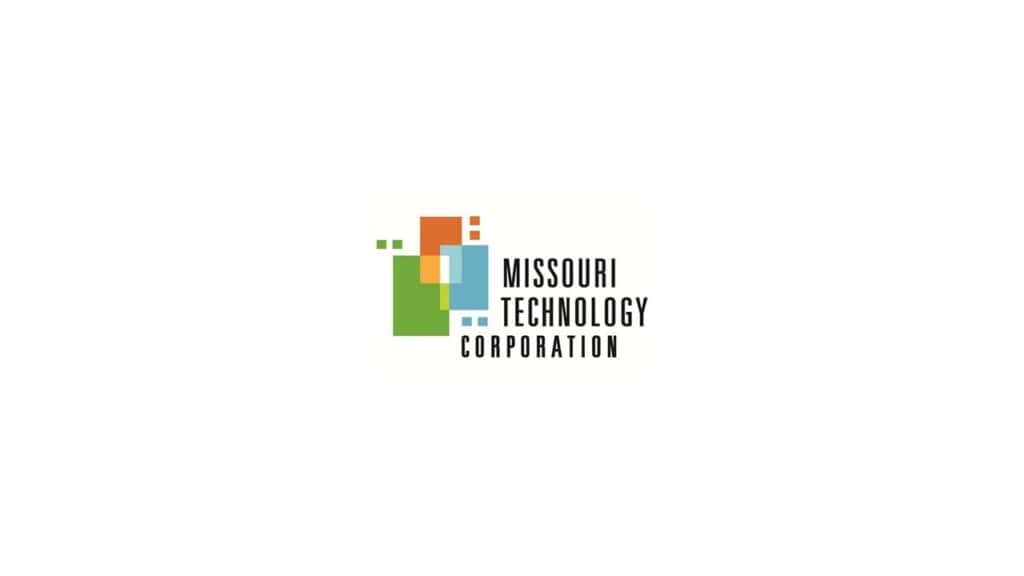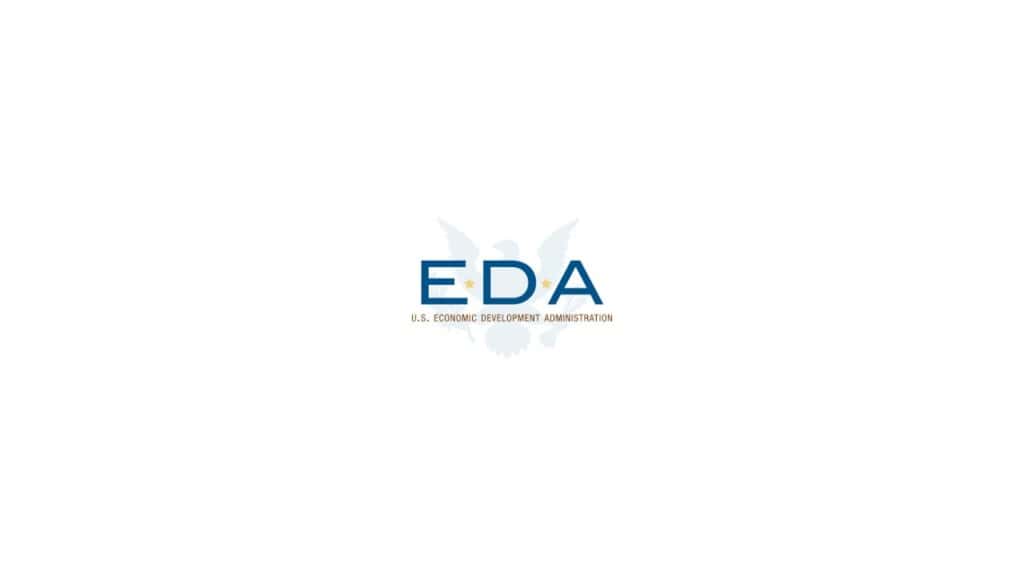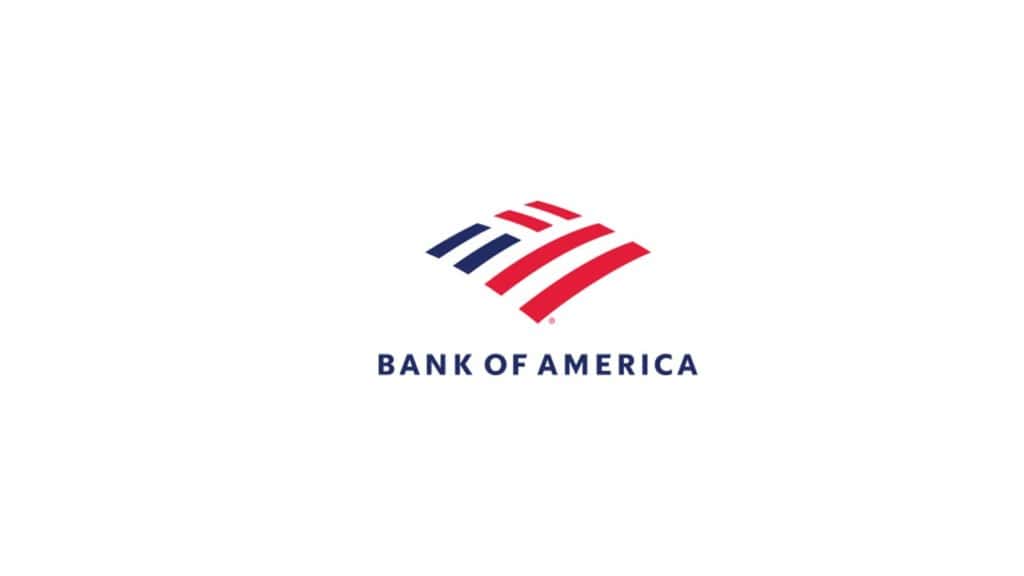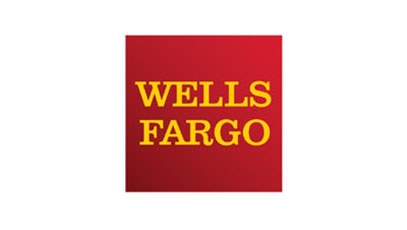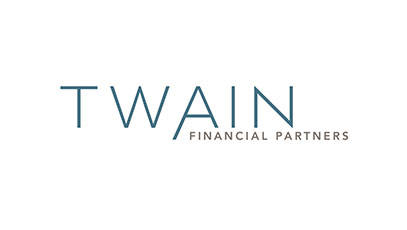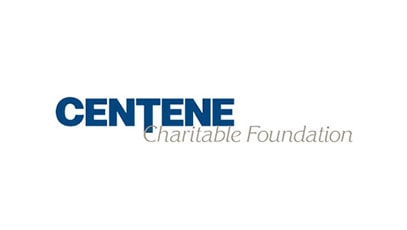Champion the Bold.
We back extraordinary entrepreneurs because these believers and builders will contribute to a limitless future – for St. Louis and the world.
Are you ready to make your mark?

Featured In




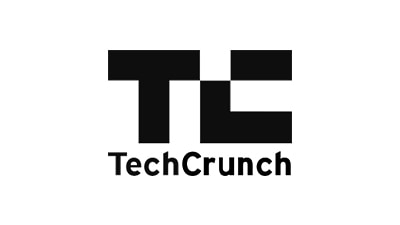
Igniting Ideas
Building a Future Economy in St. Louis Through Game-Changing Entrepreneurship
Since 2012, Arch Grants has fueled big ideas shaping St. Louis’ future. Our unique venture philanthropy model provides critical startup capital and access to a robust support network for bold entrepreneurs challenging the status quo. We’ve awarded millions to audacious startups ready to make their mark here. Join us as we lead the movement inspiring St. Louis’ next generation of employers, leaders and disruptors.

The Arch Grants team is passionate about the family of entrepreneurs they have nurtured and launched throughout the decade. Arch Grants’ creation in St. Louis speaks for itself. Our organization will be forever grateful for not just the monetary grant, but the trust, support, and confidence they provided over the years. Our organization will successfully remain in St. Louis and grow with Arch Grants’ always helping hand and friendship.

Featured Companies





We’re on a mission to accelerate place-based economic development through equity-free business startup funding. Our Startup Competition attracts innovative entrepreneurs from around the world to compete for startup grants and equity in order to grow and scale their businesses.

Be a Part of the Movement
We champion extraordinary entrepreneurs to create positive change – for St. Louis and for the world. Join us by applying to our Startup Competition, becoming a financial supporter, volunteering your time or amplifying our message.


